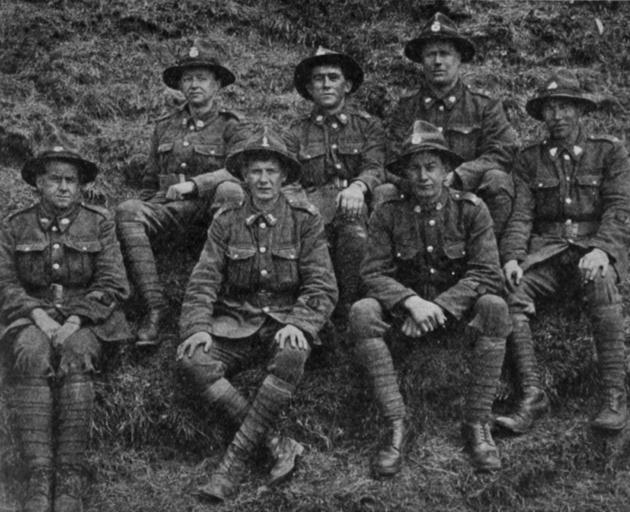
The "scrap of paper", upon which our corespondent relies, is a license entitling him, as long as he conducts his house properly, to sell liquor from 6 a.m. to 10 p.m. on six days a week to the 30th June, 1918. If "Country Hotelkeeper" had not been exceedingly angry when he wrote his letter, he would not have ignored the fact that Parliament proposes to grant him relief, in respect both of his rent and also of the rates which he pays, in consideration of the fact that the hours of his business are being reduced. Nor should he ignore the fact that, if no poll is held on the licensing issue prior to the date of the next general election, the period for which he is licensed to carry on business will be automatically extended for at least 12 months and that he will thus have an advantage conferred on him which should in itself compensate him for the loss of trading hours as the result of the legislation of this year. Our correspondent’s frame of mind when he wrote his letter to us must be the excuse for his having omitted to state his case fairly. It may also explain his inability to see that the movement in favour of the six o’clock closing of hotels was strongly supported by large numbers of persons who are not prohibitionists. We have no reason to suppose that the Mayor of Dunedin and Mr Sargood, whom our correspondent specially names, are prohibitionists, and we could name among the advocates of the earlier closing of hotels scores of prominent business people who are not prohibitionists and of whom some are, or have been until recently, connected with "the trade".
Naturalists’ outing
The Naturalists’ Field Club’s outing on Saturday afternoon was to Morrison’s Creek, a tributary of the Leith, about three miles from the city. Seventeen members, favoured by glorious weather, spent an enjoyable afternoon.
From its source in the heart of Swampy Hill, the creek plunges down through a steep sided ravine to its junction with the Leith. The beautiful piece of native bush which clothes the hills on either side is a good example of the recovery effected by the native vegetation when protected from the ravages of stock and the still more destructive human vandalism, and is a credit to the vigilance of the city’s water caretakers. A few years ago a water supply pipe was laid down the creek and in the intervening years Nature has been busy covering up the ugliness of the bare clay banks and rocks left by man’s works. Mosses of surpassing loveliness, liverworts, epilobiums, and other species jostle one another for every inch of space. Here and there may be seen a bed of the little creeping pertera, with its scarlet berries backed by the green foliage, while in the bush every log and every rock are covered with ferns and other plants.
Five species of Hymenophyllum, or filmy ferns, were noted during the afternoon, among them being the somewhat rare H. autrovicens. This is the only locality in the Dunedin district from which this delicate little fern has so far been reported. The tuneful notes of numerous bell-birds showed that these splendid songsters are holding their own in spite of many disabilities. — ODT, 25.9.1917.
• COPIES OF PICTURE AVAILABLE FROM ODT FRONT OFFICE, LOWER STUART ST, OR WWW.OTAGOIMAGES.CO.NZ












